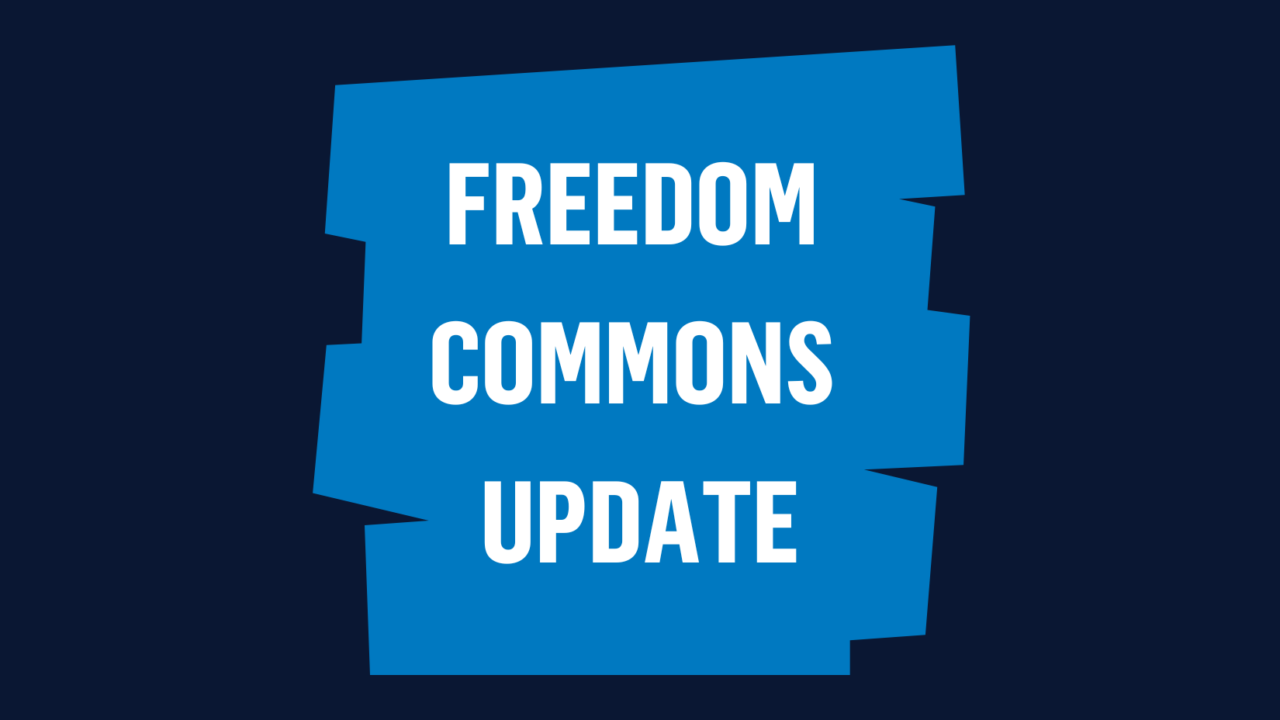The Impact Of Your Advocacy: A Perspective From IJM Mumbai

February 2019
IJM Mumbai opened in 2000 and has been combating sex trafficking and fervently working to protect the poor from violence for nearly 20 years. In 2018, IJM Mumbai was awarded a grant from the Global Fund to End Modern Slavery (GFEMS) which will play a huge role in expanding our programs to combat these egregious acts of violence.
For a more in-depth discussion, we had the opportunity to learn from Yesudas Naidu, who serves as the Associate Director of Training and Development in the IJM Mumbai Office.
Question: How did you first get involved in the work of IJM?
Yesudas: While pursuing my Master’s degree in Social Work, I was involved in a lot of community work and field projects. These served as huge eye-openers about the rampant poverty conditions still faced by many. However, I was exposed to the plight of trafficking victims for the first time while conducting a research study on the socio-economic conditions of people infected with HIV. I realized how hopeless, grave and deplorable the conditions were for those entrapped in commercial sexual exploitation.
Having already been interested in the cause of women and children, I knew that fighting for trafficking victims was where my calling lay. I got to know more about IJM’s work from a lecturer and another friend, both of whom worked with IJM at the time. I applied and have now been working here for the past 9 years.
Q: How will the GFEMS grant change the work in your office?
Yesudas: The GFEMS project will create a significant expansion and change in the workforce, infrastructure and resources in the Mumbai office. IJM’s ongoing project work was initially restricted to the city of Mumbai itself. But the GFEMS project will witness an expansion of work to neighbouring districts resulting in a lot of travel across the state by the staff. A lot of the projects which we have successfully implemented in Mumbai will have to now be undertaken in unfamiliar environments across the state.
The design of the project seeks to indirectly take the work of the Mumbai team to as many districts in Maharashtra as possible. This is to be achieved not by expansion and replication of the Mumbai projects in the districts alone, but by creating model justice ecosystems in the GFEMS project areas that can be emulated across the state.
The fostering of relationships between various pillars [of the justice system] (i.e., police, judiciary and social services) in the project areas, the training and capacity building of government and law enforcement officers, adoption of best practices in investigative techniques, social services and legal cases, will be instrumental in building the overall capacity of the district and consequently, the state, to respond to trafficking cases.
The GFEMS projects have the potential to elevate advocacy for the cause of trafficking survivors and distinguish it as a matter of priority for the state. This will be a huge win for IJM and the many organizations who have relentlessly worked for the cause of justice in trafficking cases over the years.
Q: What has the process been like working with GFEMS staff?
Yesudas: Working with the GFEMS team has been a truly delightful process. Right from our initial interactions, they have always been open to learn and understand the problem and ground realities. Their ability to grasp the issues with its complexities…was outstanding.
Working on co-creating the proposal was a great learning experience, with the GFEMS team providing effective inputs, clarity and direction in formulating the proposal in an open, consultative manner. Working with the team always felt like working in a partnership where our views had an equal say and importance. It is encouraging to note that the professional working style of the GFEMS team is in alignment with IJM’s core values as well. The GFEMS team understands that the eradication of modern-day slavery will require a collaborative approach.
Q: How are you involved in the GFEMS project? How has it affected you?
Yesudas: I was part of the team that worked alongside the team from GFEMS in co-creating the proposal. We went on site visits along with the GFEMS team to different stakeholder offices, shelter homes, etc., articulating and explaining the problems faced by different aspects of the system.
The GFEMS project has presented an amazing opportunity to expand the many successful projects catering to the needs of women and children tried and tested by IJM in the past few years in the city of Mumbai. The projects in Mumbai have helped provide innumerable women and children with access to justice systems. GFEMS [will] proliferate access to justice to women and children in locations which witness very little intervention by government and the development sector. It has further provided an opportunity to create sensitivity amongst local partners involved with the cause in these districts and facilitate synergic functioning between various stakeholders.
This is my 9th year at IJM, and to witness the scale of our operations being expanded beyond the city of Mumbai, with the ability to reach more and more women and children in need, makes me hopeful, challenged but excited. These projects will serve as models for the government to replicate widely across the state, I am thankful for GFEMS for this opportunity.
----------------------------------
Advocates, your efforts to mobilize Congress to fight modern-day slavery have made this partnership between GFEMS and IJM possible. Thank you for raising your voice in the fight!